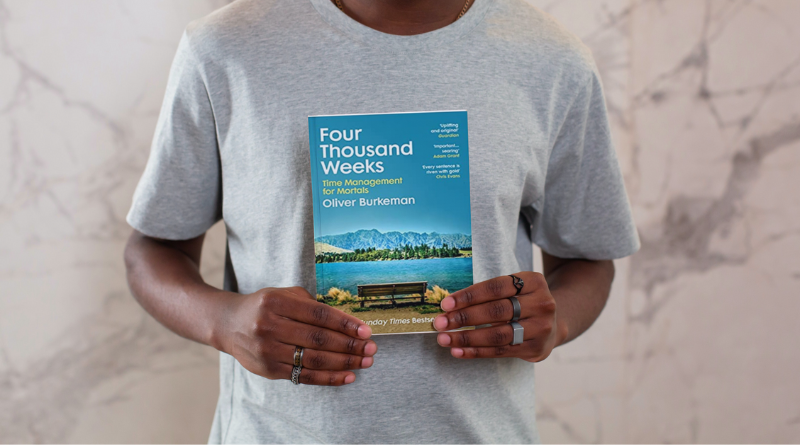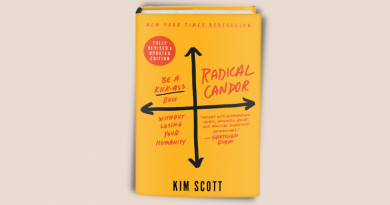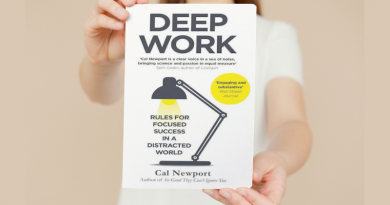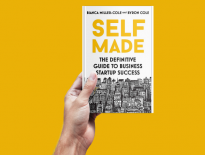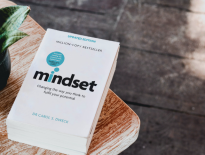How many more weeks do you have to live?
Do you feel like you need just a few extra hours each day? Or do you love what you do but feel that perhaps you are missing out on other parts of life? Then this could be the book for you.
It’s not another life hack to help you get more of your to-do list done.
It’s not the next greatest revolution in productivity hacks
It’s not a straightforward cure to all that ails you.
BUT it will help you start to think differently and reflect on how much time you are dedicating to what is really important to you and still get the most important things done.
Oliver Burkeman bio reads: a British journalist who for many years wrote a popular weekly column on psychology for the Guardian. He has a devoted following for his writing on productivity, morality the power of limits and building a meaningful life in an age of bewilderment.
Four Thousand Weeks is his most recent book penned during the pandemic and published in 2021.
The basic premise of the book is that we have a finite amount of time on this earth – on average the four thousand weeks of the title – and we also have a very limited ability to exercise any control over that time.
And yet as a society we constantly push to get more done in less time and to make ourselves more productive.
Not just that but we are now making our leisure time productive! We are looking to achieve more in our down time – train for a marathon, build a house, learn a new language or in one way or another just try to improve how we are and how we interact with the world.
But what if we stopped for a minute and simply accepted that we cannot do everything?
We simply do not have the time.
What would we do?
What has happened to just doing nothing – to simply contemplating life for a few hours?
When did you last just sit and look at something for 10 minutes, or 30 minutes or maybe 3 hours!
Not everybody loved the book and some found it provoked a defensive reaction. It is hard to hear that you can’t get everything done and that perhaps you shouldn’t even try.
My biggest complaint about the book was how hard I found it to explain to other people so please forgive me if you have struggled to get much from this book report. I would certainly recommend it to many people but those who need it most may not make the time – the irony of which is not lost on me.
My key takeaways were the following:
- Establish predetermined time boundaries for work – i.e. do not work after 5.30pm or on Saturday or before 9am.
- Focus on one big project at a time and see it through to the end!
- The freedom to suck without caring is revelatory.
- Understand that to make a difference you must focus your finite capacity for care on what is most important to you – not what social media tells you to care/rant/get angry about.
- Practise doing nothing.
- Do not give up at the first hurdle, or even the second, stay on the bus and see where it takes you.
Towards the end of the book, Burkeman outlines 10 tips to help you to “embrace your finitude” and I found these very helpful. I think those who are looking for easy to implement solutions will enjoy them too.
Originally posted 2022-10-10 14:19:31.
- Be a Kick-Ass Boss Without Losing Your Humanity - February 25, 2026
- I was just trying to be nice! - February 24, 2026
- Is team coaching right for your business? - February 1, 2026

